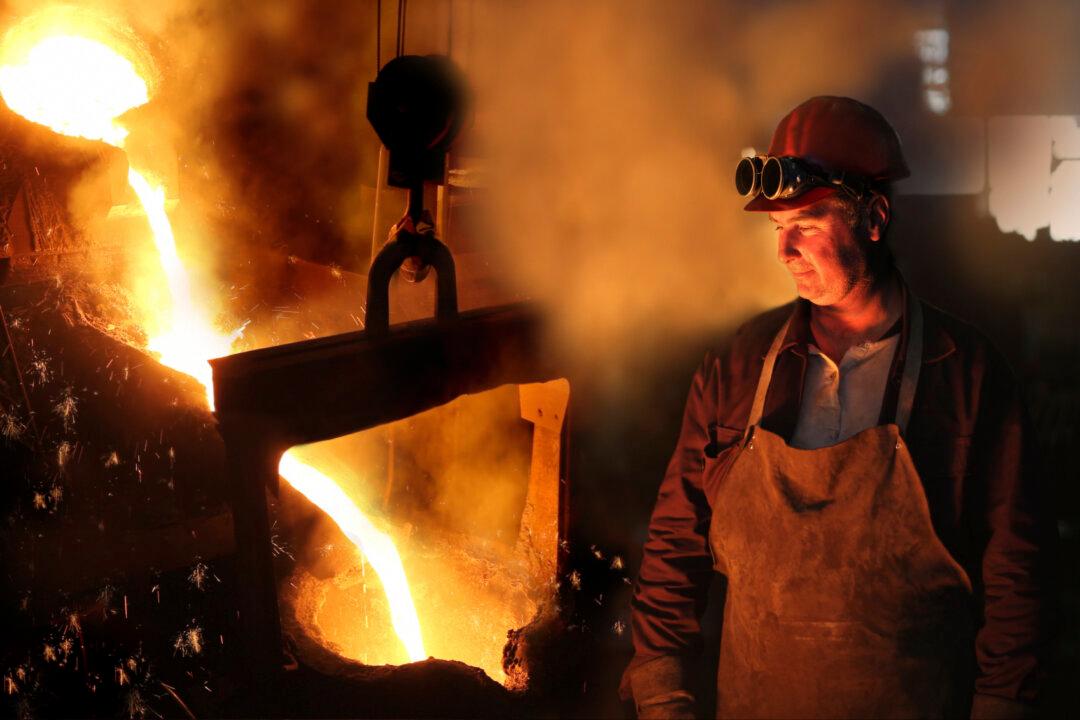In Redcar, a town in the northeast of England, the community is reeling from the closure of a steelworks. More than 1,000 of the workers who were made redundant are looking for work four months later.
It’s not just Redcar. Across the U.K., steel firms are struggling. For much of the 20th century, steel-making was the backbone of British industry, employing hundreds of thousands of people across England, Scotland, and Wales. But with job cuts, slow growth, and cheap steel from other countries to contend with it’s not surprising the British steel industry is in trouble.
Demand for steel was weakened by the recent global slowdown and remains below pre-2008 crisis levels. The U.K. steel industry has also been struggling to compete in export markets due to its own relatively high energy costs—mainly due to government imposed green levies. And until recently the strength of sterling was also a factor—the pound hit a seven-year high in June 2015.
On top of this has been the dramatic rise in imports to the U.K. of Chinese steel, which increased by 227 percent between 2013 and 2014. Chinese firms have been accused of deliberately “dumping” steel on European markets, by selling at a loss to undercut prices. It is estimated China’s top state owned steelmakers are losing $34 a ton on crude steel. Which comes on top of losing $11 billion in the first ten months of 2015 alone—almost twice their profits in 2014.
All of this makes the U.K. government’s recent decision to block proposals to scrap “the lesser duty rate” that would have allowed the EU to significantly raise tariffs on imported Chinese steel, pretty puzzling.
